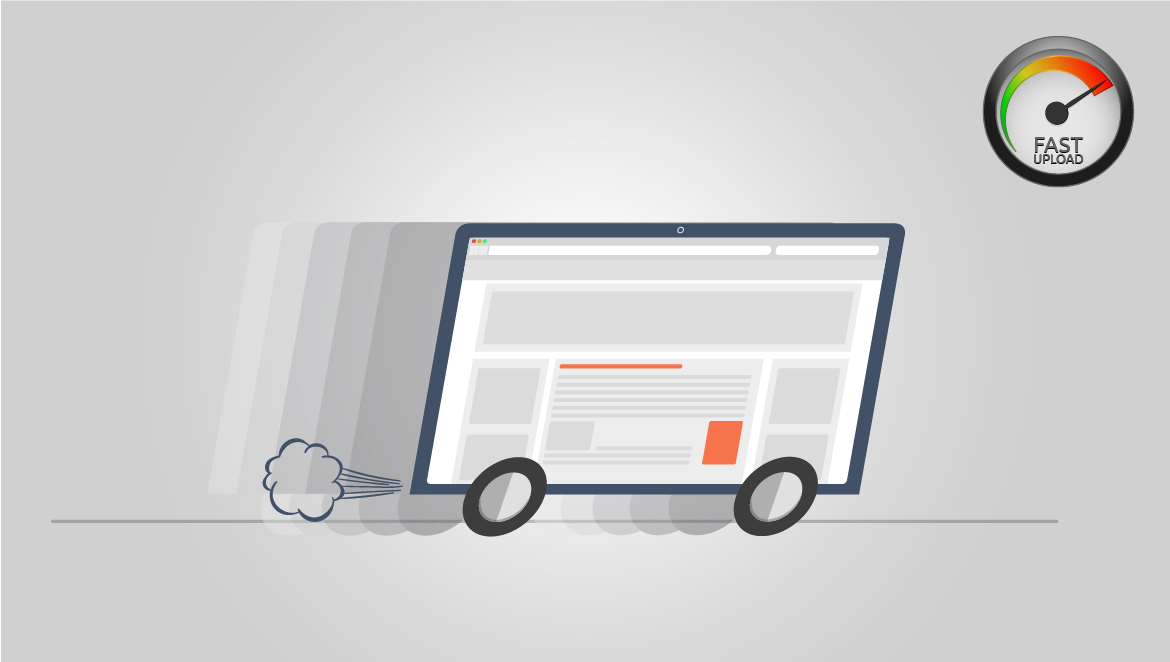For some, page speed might not seem all that important. After all, if your site and the products are good, is a customer really going to decide not to buy based on your load speed?
Page speed is actually more important than you might realise, so here are five reasons you should always be looking to improve yours.
Increase conversions
According to this infographic from Kissmetrics, almost half of web users expect a page to load within 2 seconds and will even abandon a site if it doesn’t load within 3 seconds!
It also shows at a huge 79% of online shoppers wouldn’t return to a site if they had performance issues when using it and perhaps even worse, 44% would tell their friends about their poor experience.
So not only are you losing potential customers, but that loss is being spread even further to their friends and family!
So even though it’s only a couple of seconds, it could mean a loss of a lot of sales.
Last year Google launched an experiment in which they increased the number of results on a search page from 10 to 30.
While it was widely believed this would be a good move, the results showed quite the opposite.
The additional 20 results took a measly 0.5 extra seconds to load but led to a staggering drop of 20% of traffic.
If 0.5 seconds is so important to Google, think how important 2 or 3 seconds could be to your site.
SEO
Seeing as speed is so important to Google, it makes sense that they identified it as one of the signals used in their ranking algorithms.
Not only this but the longer your page takes to load, the longer it takes for Google to crawl it.
The most important thing regarding page speed and SEO though is that it has a negative impact on user experience.
As we previously highlighted, pages with slower load speeds will have a higher bounce rate, and user experience is something Google takes very seriously in its rankings and is more important than page speed alone.
At the end of the day, even if it only slightly helps out your SEO, making things easier for your users is always a good thing.
We spoke to Cumbria based Digitaloft who said: “User experience is key and page speed is a big part of that.
“Nowadays even a couple of seconds is a massive deal to people and you have to always be looking for ways to make things just that little bit quicker.”
It could highlight problems with your host
If you’ve tried everything else and your site is still slow, it could mean that it’s because of your web host.
This is because when your user makes a request, it has to connect to the server of your web host, although some are much quicker than others.
As an example, if you’re hosting on a shared server, your site is likely to be slower because there are multiple sites using the same resources. There are two options available if you are currently using shared hosting and consider this to be having impact on page load times.
- Speak to your developer about page caching. This is a process that builds HTML caches of your web pages that can be loaded by web browser very quickly.
- Contact the web hosting company and find out how much an upgrade to VPS (virtual personal server) hosting would cost. This will be dependent on a number of factors, including the amount of storage space required, monthly bandwidth usage and the amount of physical memory allocated to the server. A VPS server is a much better solution than shared hosting and is still cheaper than hiring a dedicated server to host your site.
Now that you know how important page load times are, we highly recommend that you take action and test your website for page load times on a variety of computers and mobile devices. Make sure your website speed are on par with your competitors to keep your customers happy.

